Sometimes, a deceased loved one’s will turns into an unexpected surprise for family members: instead of naming them heirs, or designating the inheritance they expected, the will might say something else entirely. Immediately, you may wonder, “Was I cheated out of my inheritance?”
Unexpected changes in a will or estate plan are sometimes the result of reasonable decisions made by elderly family members in the later days of their lives. In other cases, however, they may occur because of undue influence from another party or even a family member’s inability to competently make those decisions.
Do you have grounds to contest a will–and if so, how should you go about it?
When do changes to a will or estate plan represent a problem?
If you thought you knew how your loved one would handle distributing their estate after his death, only to discover a major surprise in the will, you may immediately be suspicious! Legally speaking, however, you will need to show evidence of one of these common situations in order to prove that the changes made to the will are not legal for any reason.
1. The will was not executed properly.
North Carolina law requires three signatures on a will: the signature of the testator, and the signatures of two witnesses. In order to make changes to the will, the person creating the will must go through the same process: signing in the presence of witnesses. North Carolina wills can be either written or oral, but must still follow those important formalities.
2. The testator (the person creating the will) wasn’t mentally competent to make the will at the time.
When you think about an incompetent loved one, you may assume conditions like Alzheimer’s or dementia will be to blame. Sometimes, that is the case: a loved one with Alzheimer’s might not, for example, recognize all of the people he once included in his will. A patient suffering from a serious illness, including one that causes mental incompetence or whose treatment results in that incompetence, might make hasty decisions that aren’t based on his previous desires.
On the other hand, some types of mental incompetence aren’t based on illness. Sometimes, the testator might not know how much property he actually owned at the time the will was executed. Other times, he might not understand the natural order of property distribution, including who should naturally receive his assets at the time of his death.
In some cases, the person creating the will might not realize that he has improperly designated his assets: that one child has received a considerably larger share than another, for example. Individuals who have a poor understanding of the law or of assets and estate distribution may not have the capacity to legally sign a will because they simply do not understand the potential consequences of that will.
Mental capacity challenges can be applied to changes to the will as well as the original will and testament.
3. Someone exercised undue influence over the testator, leading to a will that does not accurately reflect his wishes.
Undue influence, in North Carolina, means someone who exerts “fraudulent influence over the mind and will of another to the extent that the professed action is not freely done, but is in truth the act of the one who procures the result.”
In essence, undue influence would mean that someone exerted pressure on your loved one to make them write out specific points in the will: distributing assets the way the person exerting that influence preferred them to be distributed, for example. In some cases, that might occur because someone threatened or bribed your loved one into changing the will. Signs of undue influence may include:
- The influencer denying access to your loved one for significant periods of time
- Substantial changes to a previous version of the will, particularly excluding people who would previously have received an inheritance
- A new will that offers the majority of the deceased’s assets to someone who is not related to that individual by blood or marriage, and that disinherits the natural heirs (including the deceased’s spouse and children)
- The person who signed the will lived in the home of the person exerting that influence, particularly if an elderly or frail individual did not have other options for housing or protection
What Should You Do If You Suspect Suspicious Changes in a Will or Estate Plan?
On reading your loved one’s will, you see suspicious signs. What happens next? It can prove very difficult to clearly establish undue influence, fraud, or mental incapacity. However, if you believe that the changes to your loved one’s will were made fraudulently, it’s important that you act to protect your loved one’s final wishes–and, potentially, your inheritance.
Talk to an attorney.
As soon after your loved one’s death as possible, get in touch with an attorney to learn more about your rights. Describe your worries and present evidence, if possible. You may need to provide contact information for people who can serve as witnesses, including close confidantes of your loved one, previous copies of your loved one’s will, or information that shows how someone might have exerted undue influence that caused the changed in your loved one’s will.
An attorney can go over the evidence you need, the people who can help provide evidence, and your odds of successfully recovering the inheritance you feel that your loved one originally intended.
In Terrorem Clauses: a note
If your loved one’s will contains an “in terrorum” clause that states that a beneficiary who challenges the will forfeits his inheritance, it may make you fear challenging or contesting the will in any form. However, typically, the courts will hold you exempt and allow you to recover your inheritance if you make that challenge in good faith. An attorney can help you determine whether you may have reasonable grounds to challenge the will and whether the court will be likely to uphold and support that claim.
Contact Our Fiduciary Litigation Attorneys
Do you suspect that your loved one’s will resulted from fraud, undue influence, or mental incapacity? An experienced fiduciary litigation attorney may offer your best chance of challenging the will or learning more about your rights – our team at Fiduciary Litigation Group is here and ready to help. Contact us today to schedule a consultation!

